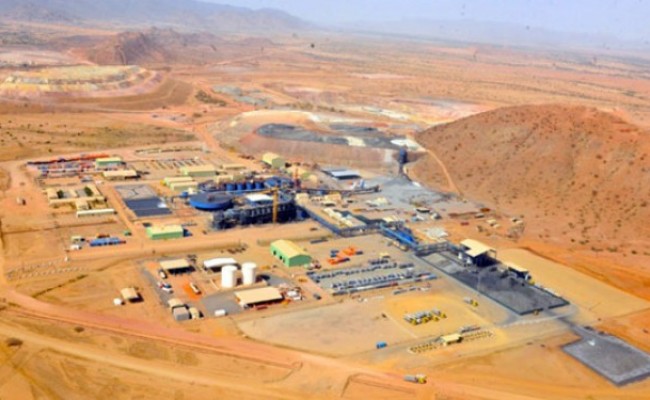Emerging sulphate of potash (SOP) producer Danakali has passed another key step in Eritrea and now heads for production, not only with Asian markets in mind, but plans to realise huge potential in food-hungry Sub-saharan Africa.
The key statistic: Africa has the potential to produce between two and three times the present quantity of cereals and grains, liftings it to account for 20% of global output.
Similar increases could also be seen in livestock and horticulture crops if more fertiliser was available.
The key factor:
these goals can be achieved only if African farmers can get there hands on sufficient fertiliser supplies, including potash based ones.
Danakali is targeting first production two years out at its Colluli SOP project in Eritrea.
Last week, the company reported it had completed the mobilisation phase which includes stages one and two of its engineering, procurement, construction and management (EPCM) study. these phases relate to project design work, the processing plant and associated infrastructure work, as well as significant de-risking work with a number of environmental and cost-optimisation opportunities identified.
Danakali chief executive officer Niels Wage said the studies have given increased certainty and understanding of the Colluli project schedule.
“the detailed review process again validates the robustness of the project and previous technical studies,”he added.
Colluli is owned by the colluli Mining Share Company, a 50:50 joint venture between the Danakali and the Eritrean National Mining Company. In late july, the company received mine development approval from the Eritrean government, which specified mid-December 2022 as the latest possible start-up of mining.
Danakali has reported a 1.1 billion ore reserve with a mine life of almost 200 years.




